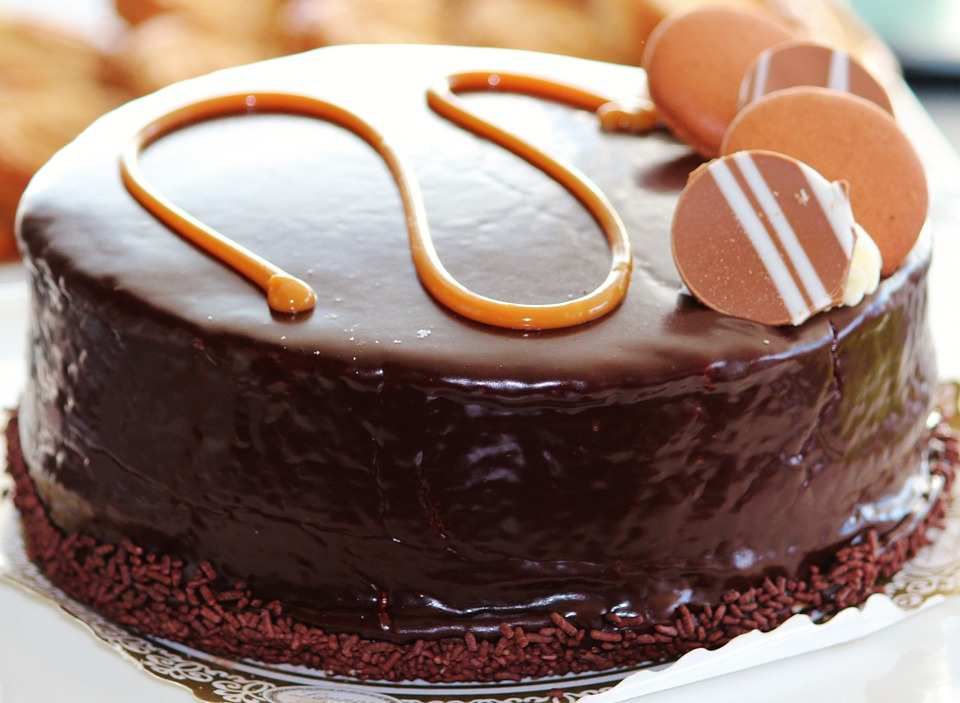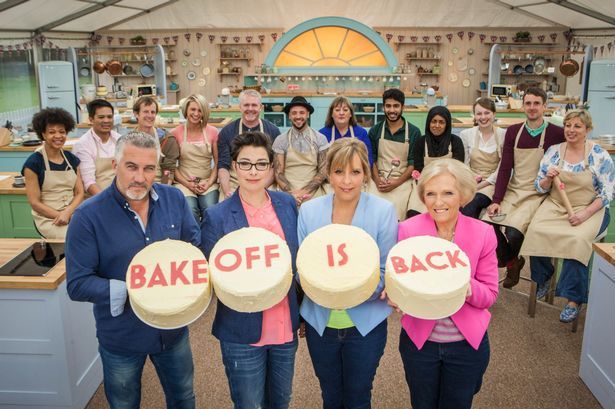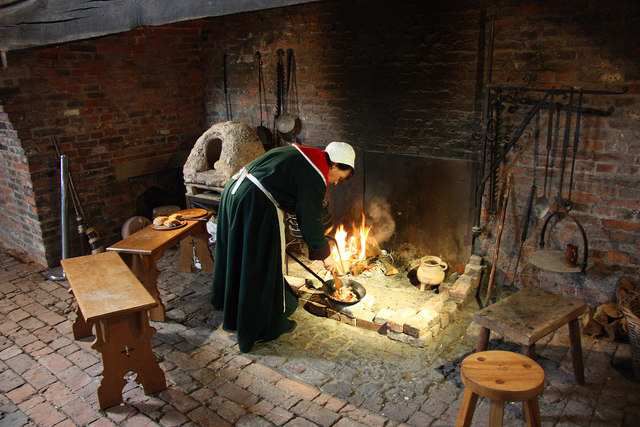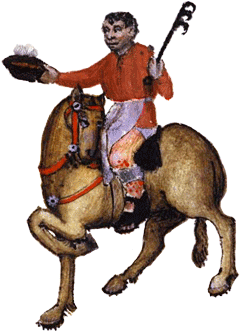
Built & non-Built Environment Professionals Meeting Place
September 11 2016
I was lucky enough to be in the audience for the chat show, The Great British Bake Off: an Extra Slice. It was actually a, humorous look at the famous cookery show but there was no mistaking the deadly serious devotion of fans and the production team making the show. We were privileged to watch the show three days before it was shown on TV and signed a document committing us to keeping its secrets until then. We are reminded of our oath several times by the staff. I once signed the British Government’s Official Secrets Act but it did not seem half as solemn an undertaking.
 Better than anything I could make but not perfect unlikely to win the prize
Better than anything I could make but not perfect unlikely to win the prize
`The Great British Bake Off’ is one of the most popular programmes on TV and has made huge stars of its judges Paul Hollywood and Mary Berry.
 Mary Berry and Co.
Mary Berry and Co.
Celebrity chiefs these days are an industry unto themselves, not only producing recipe books but all sorts of products bearing their names. An obscure ingredient that might appear on a cookery show will be emptied off of the supermarket shelves in no time at all.
The earliest known recipe book was written by a chief called Mithaecus in Sicily of the 3rd Century BC. The Roman Chef Apicius’ recipes used exotic meats like ostrich as well as spices and honey. The British Isles seemed to remain silent for a long time. I think this might be explained in the following old children’s rhyme :
Oats, peas, beans, and barley grow, Oats, peas, beans, and barley grow, Can you or I or anyone know How oats, peas, beans, and barley grow?
 Medieval Cookery
Medieval Cookery
The British diet was very limited until the time of the Romans (even commonplace creatures like rabbits are not native species) and then only gradually did we come to enjoy the spices, herbs and fruit and vegetables of the Mediterranean. It is no coincidence that early cookery books seem to come from places with reliable harvests and a great range of high-quality fresh produce on hand. Lyon in France is still the gastronomic centre of the country because chefs have daily access to the freshest and best ingredients.
For people, who are able to choose what they eat, food provides more than a sensory delight. Today, many of us are dieting and closely tailoring what we eat to promote our long-term well-being. Surprisingly, this is not a modern concept. In Europe, Black Pepper was once thought able to cure Insomnia, Constipation, abscesses and toothache. Whilst it has been shown that this and culinary horrors like beef tea are unhelpful, there are many herbs and spices that have a positive effect. For example, saffron really does lift the mood.
In times of relative peace the aristocracy thrived and sought out all forms of luxury whilst the variety of foodstuffs kept increasing spurring a competitive level of banqueting.
Gradually, all classes of people began to sample more exotic fare and by the end of the Victorian era, British people finally had tasted curry.
Celebrity chefs seem to set us impossible standards but so much better than Chaucer’s crude-talking cook:
And he could roast and boil and broil and fry,
And prepare a stew, and bake a tasty pie.
But a pity it was, it seemed to me,
That on his shin an open sore had he;
For sweet blanc-mange, he made it with the best.
 Chaucer's Cook
Chaucer's Cook